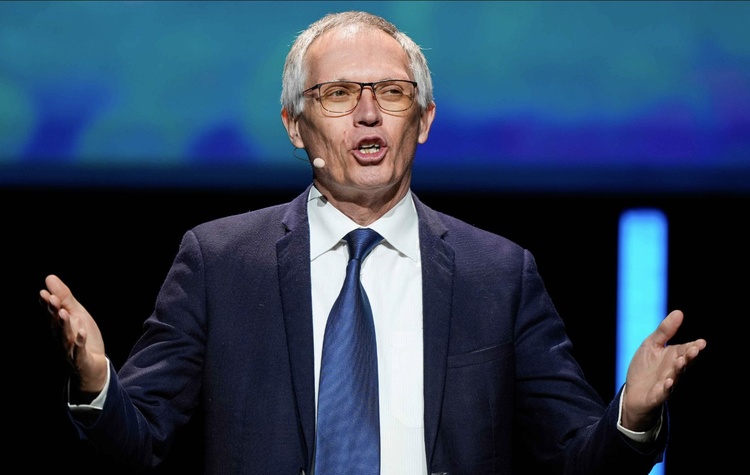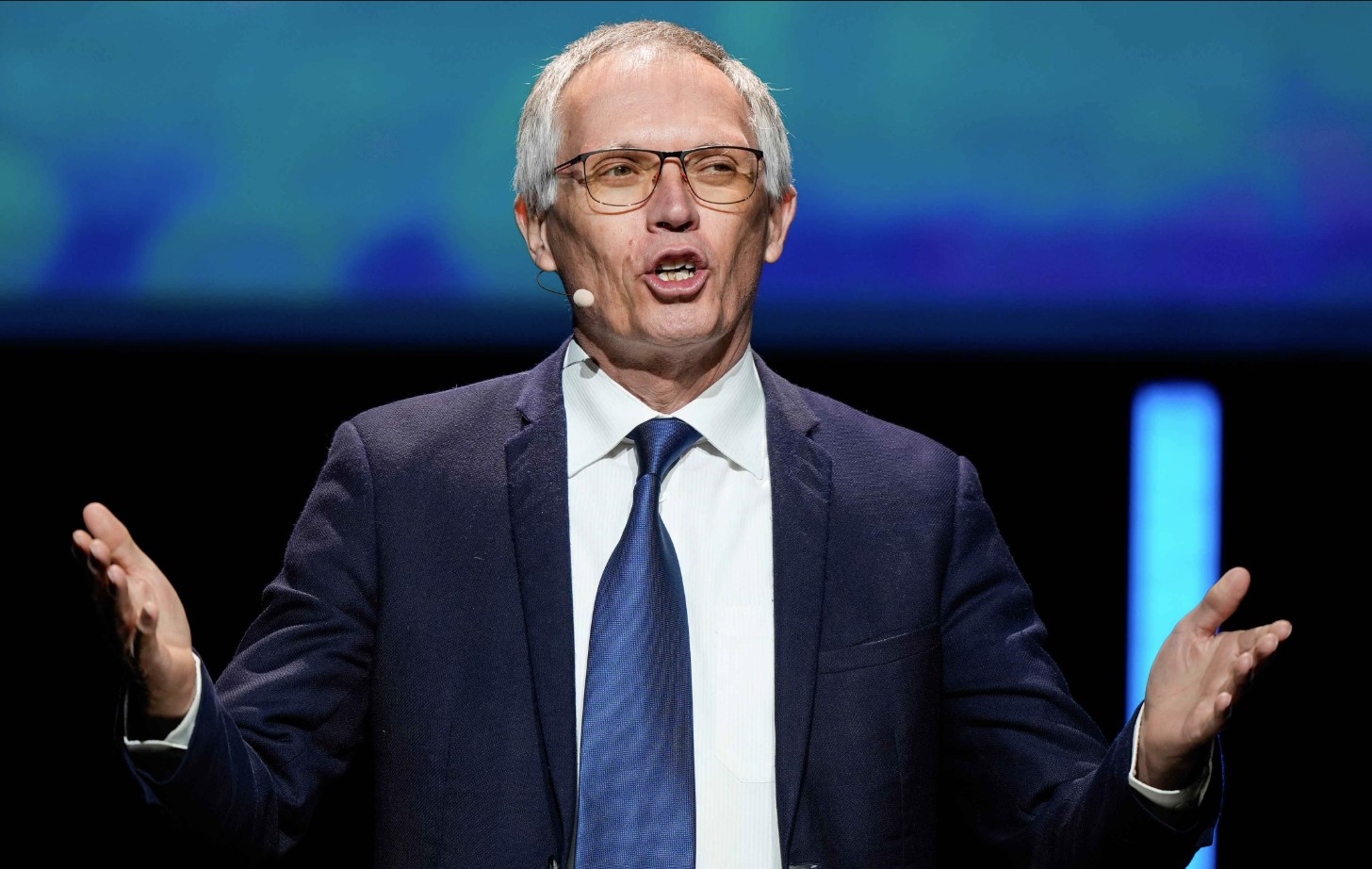The resignation of the executive, who was expected to remain CEO until 2026, was unanimously accepted by the Board of Directors.
The next chief executive officer will be appointed in 2025.
Recognised as the highest-paid CEO in the automotive sector, Tavares earned nearly €23.5 million in 2023, as reported in Stellantis’ official financial statement.
His extensive career spans major automotive giants, with decisions that have often been resolute, even in dealings with governments and unions.
Born in Lisbon 66 years ago to a French teacher mother and an insurance broker father, Tavares moved to France at the age of 17, attending some of the country’s top schools.
Today, he is the father of three children. His passion for cars reportedly dates back to the age of 14, sparked by a visit to a Portuguese racing circuit near Lisbon.
His automotive career began at age 23 when he joined Renault to work on the Megane project.
He later moved to Nissan, becoming head of North and South American markets in 2009.
Returning to Renault in 2011 as COO, he served as the right-hand man to Carlos Ghosn.
However, a fallout following an interview led Tavares to join rival PSA.
As CEO and chairman of PSA, Tavares cut costs, revived sales and brought the group back into profitability.
In 2017, he acquired Opel from the American group General Motors.
After a failed merger attempt between FCA and Renault, he convinced the Agnelli-Elkann and Peugeot families of the benefits of merging PSA and FCA.
The merger was finalised in 2021, resulting in Stellantis, with Tavares at the helm.
From that moment, challenges abounded: the pandemic, the ecological transition and political pressures.
In Italy, tensions flared during a parliamentary hearing where Tavares pointed out structural challenges.
“In Italy, costs are too high,” he said, “For example, energy costs are double what they are in Spain. Explain to me how one is supposed to manage this problem.”
These comments drew sharp criticism from all parliamentary groups, with the government accusing him of mismanagement.
Tavares countered, saying, “Others created the chaos, and you’re asking me to fix it and ensure jobs.”
This back-and-forth continued until his eventual resignation.
Stellantis explained that the process to appoint a permanent CEO is already underway and is being managed by a special committee.
In the meantime, a new executive committee chaired by John Elkann will be established.
Speculation about potential successors, including Luca De Meo, CEO of Renault, and internal candidates such as Olivier François, has not yet yielded any concrete evidence.
“We are grateful to Carlos for his unwavering commitment over the years and for the pivotal role he played in the creation of Stellantis, as well as his previous revitalisation of PSA and Opel, which set us on the path to becoming a global leader in the industry,” said Elkann.
“I am ready to immediately begin working with our interim executive committee, supported by all our colleagues at Stellantis, as we complete the process of appointing a new CEO.
“Together, we will ensure the timely implementation of the company’s strategy in the long-term interests of Stellantis and all its stakeholders.”
Elkann personally informed President Sergio Mattarella and Prime Minister Giorgia Meloni of Tavares’s resignation.
However, according to ANSA, Henri de Castries, the senior independent director on Stellantis’s board, pointed to differences between Tavares and the Board of Directors as the catalyst for his premature resignation.
“The success of Stellantis since its creation,” de Castries explained, “has been based on perfect alignment among the key shareholders, the board and the CEO.
“However, in recent weeks, differing views have emerged, leading to today’s decision by the Board and the CEO.”
While the statement does not delve into the specifics of the disagreements, in recent months the market had frequently noted Tavares’s urgency in addressing financial shortfalls caused by sluggish sales in America.
Many commentators highlighted discontent within the group’s leadership and controversies on multiple fronts, from European and Italian politicians to unions and American dealers.
Unsurprisingly, calls are now growing louder from the political sphere for Elkann to address Parliament and clarify Stellantis’s future, especially regarding the employment impact on its plants in Italy.
ANSA











